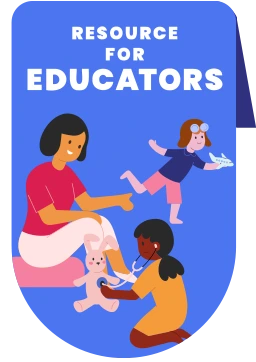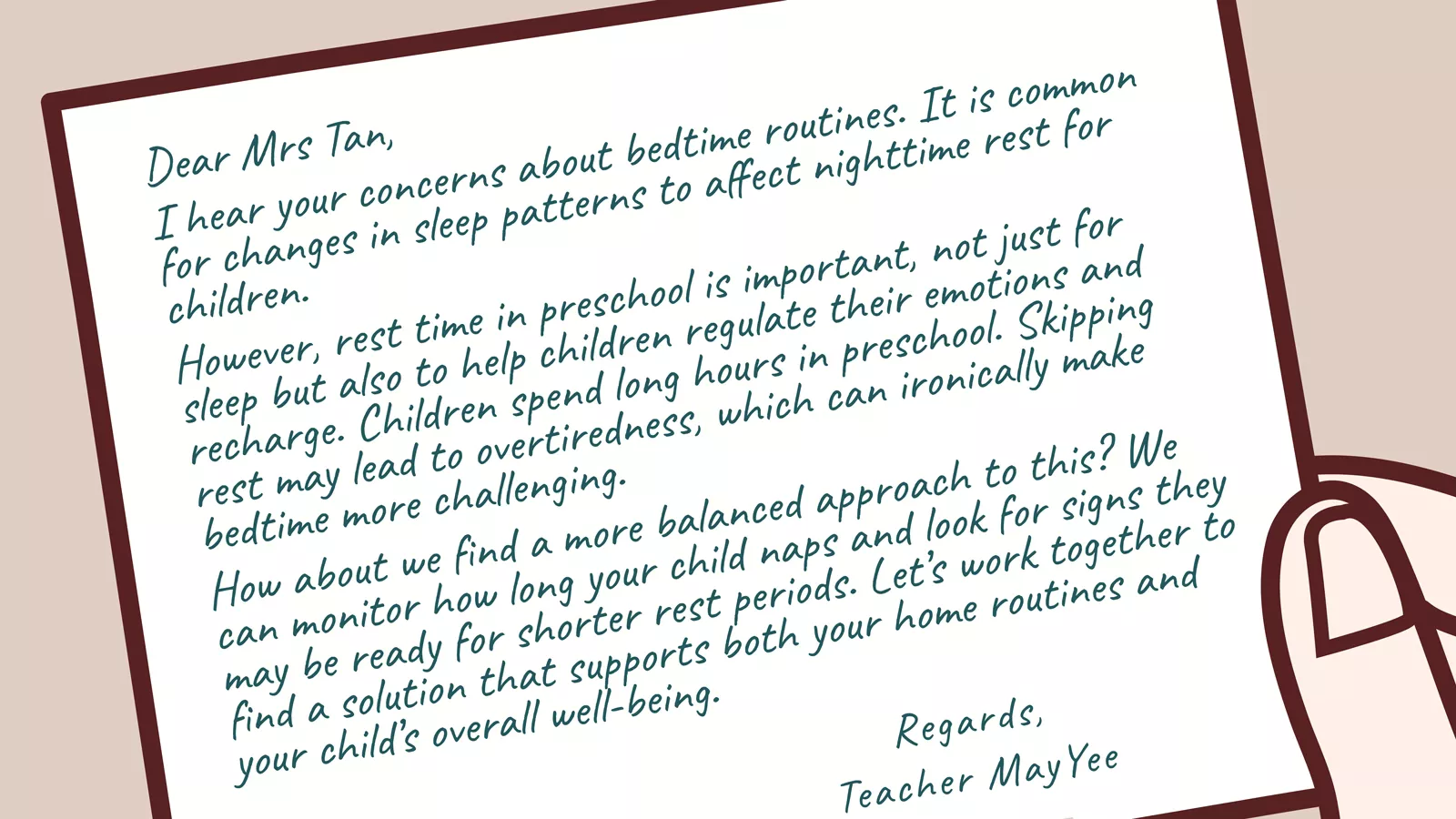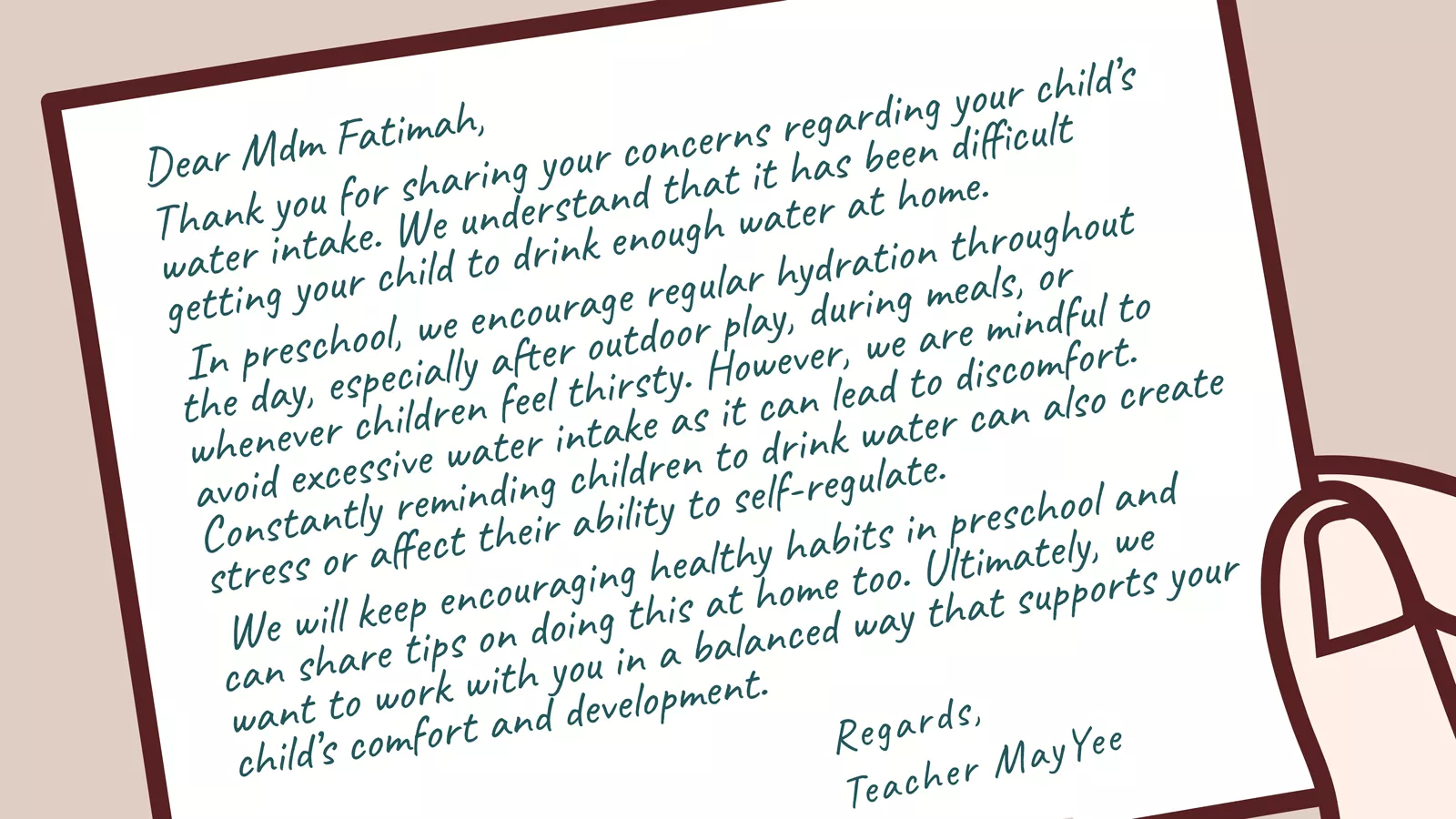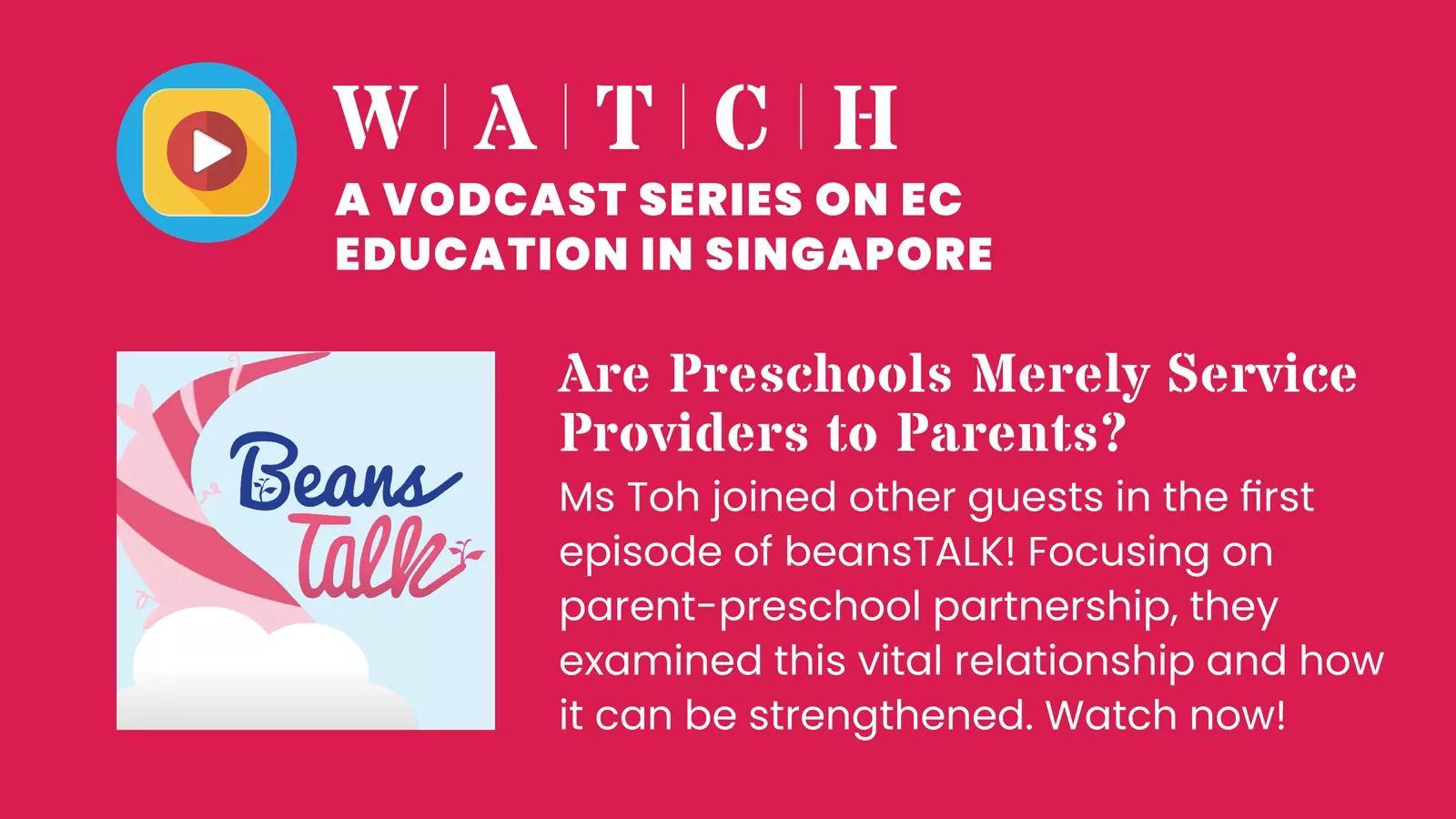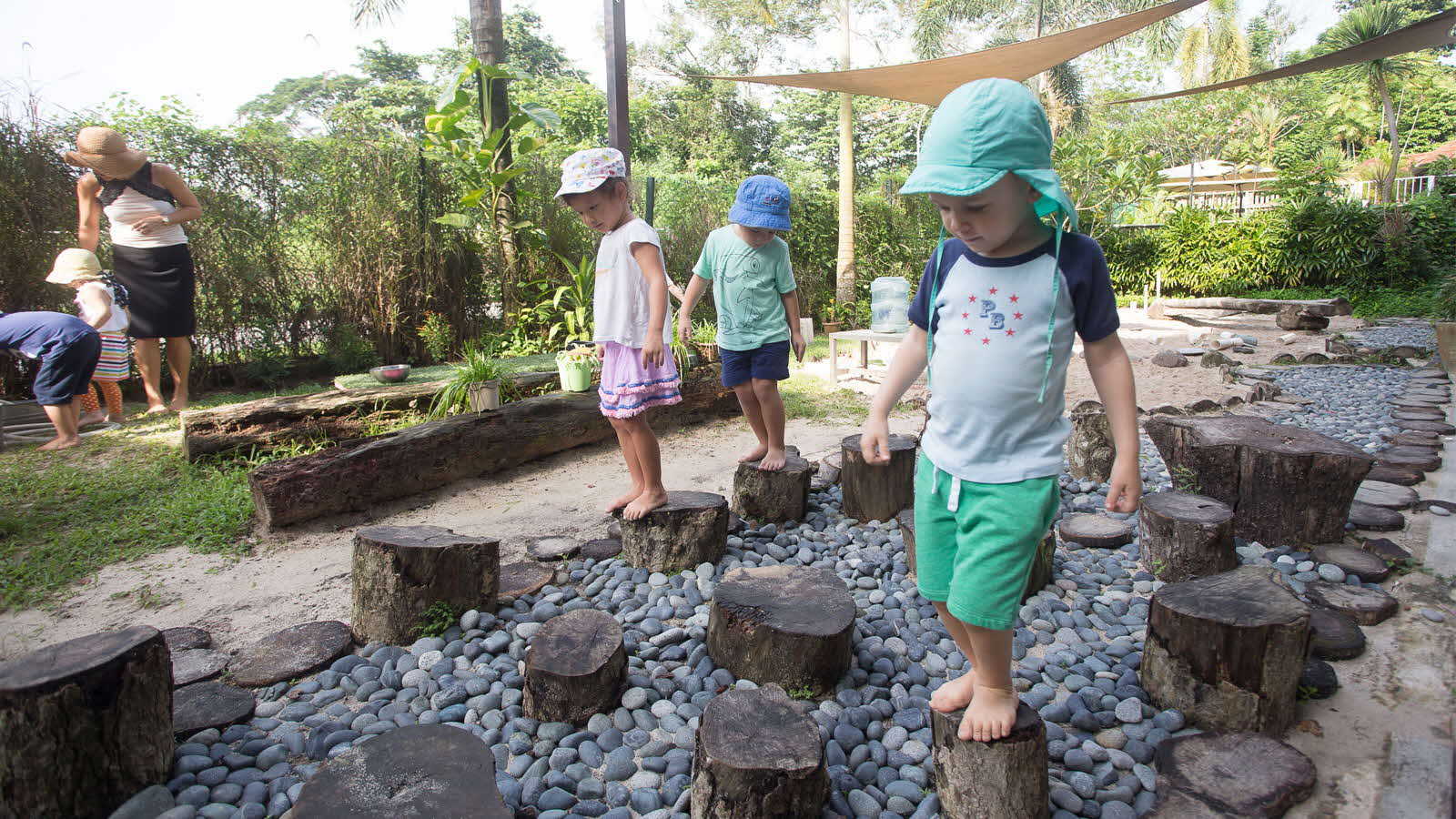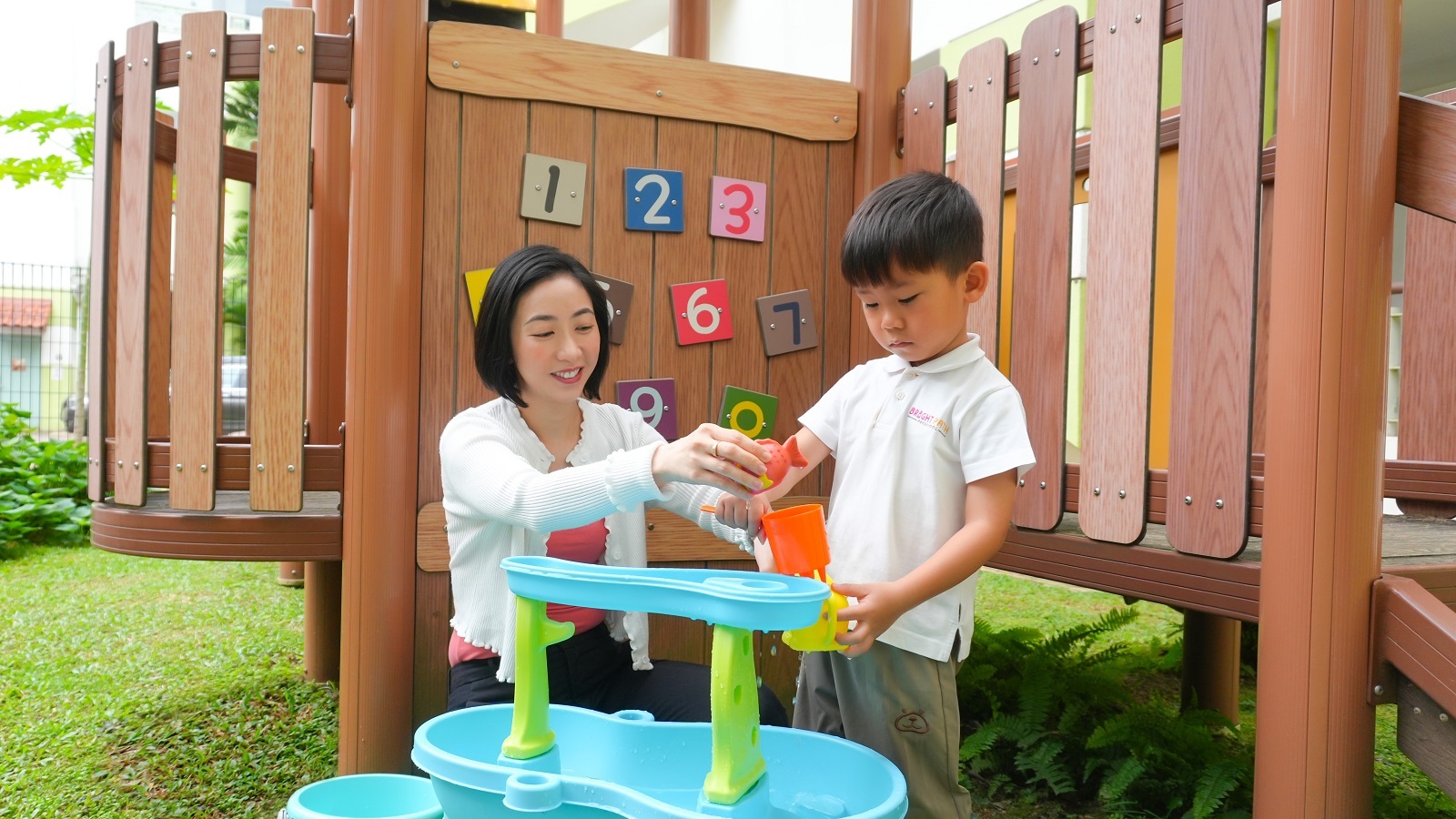ABOUT OUR EXPERT

Ms Toh is an ECDA Fellow and Deputy Head of Preschools at Star Learners Group. Mindful of the responsibilities early childhood (EC) educators carry, she believes it takes thought leadership, passion and dedication to give the best to children.
EC educators often underestimate their role. As professionals, we are not only trained to nurture children, but also qualified to guide parents on evidence-based practices in child development. Parent education helps families understand why certain practices or routines are important, and how they support children's long-term developmental outcomes.
Difficult situations may arise when parents' expectations do not align with developmentally appropriate practices. While some requests are well-intentioned, they can conflict with the child's needs or interfere with preschool routines. For example, it could be a parent's request for their child to drink more water in preschool or skip afternoon naps.
At such times, educators must remain confident in their training, demonstrate professionalism and not be afraid to explain practices in a respectful way. The Code of Ethics for Early Childhood Professionals, developed by the Association for Early Childhood Educators (Singapore) (AECES), is a handy resource to help educators navigate these issues.

